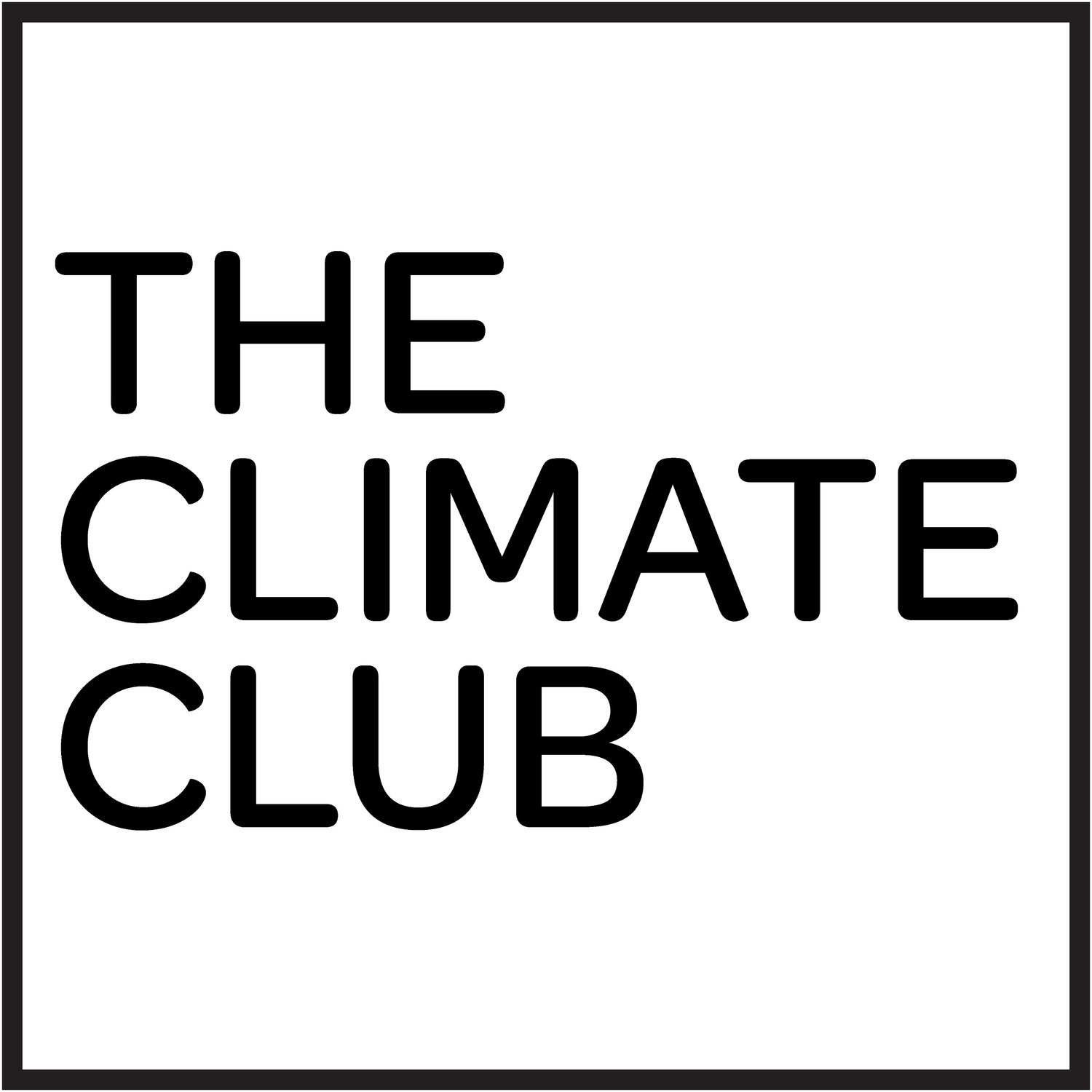Learning from Our Mistakes with the Tobacco Industry to Tackle the Climate Crisis
In 1950, smoking was confirmed to cause lung cancer. Fast-forward more than 70 years and tobacco still causes 8 million preventable deaths every year. So why has progress been so slow, and how does the story of the tobacco industry relate to the climate crisis? I
The Tobacco Industry
Cigarette smoking is the greatest risk factor for lung cancer. It also increases the risk of many other conditions, including other types of cancer and lung disease, cardiovascular disease, and stroke. Despite the harm to health, the tobacco industry evaded strict regulations and prioritized profits for decades by interfering with regulations. They have created misleading claims, worsened global inequities, and poisoned our planet.
Misleading Claims
The tobacco industry’s economic importance was exaggerated (as seen in the employment rate, contributions to tax, and benefits to the national economy), while overlooking the negative impacts. In 2018 alone, the tobacco industry cost the US over $600 billion. Repeatedly, the tobacco industry used deceptive acts of goodwill and self-serving shows of corporate social responsibility to manufacture and maintain trust with the public. The tobacco industry dismissed scientific evidence that tobacco causes morbidity and premature death, and misled the public that “light” cigarettes are less damaging to health (despite scientific evidence refuting this). Furthermore, they dismissed industry accountability, and instead emphasized personal responsibility.
Inequities
Tobacco use is slowly declining, but more than 80% of tobacco users reside in low- and middle-income countries, where tobacco-related morbidity and mortality is highest. Tobacco use worsens inequity, through reduced available household income for essentials such as food, water, shelter, and education.
Climate Change
The World Health Organization’s (WHO) “Tobacco: Poisoning our Planet” report highlights tobacco’s detrimental impacts on planetary health, with tobacco farming causing 5% of global deforestation, and an estimated 80 million tonnes of CO2 released and 4.5 trillion cigarette butts polluted annually. The industry also requires a significant amount of water, with 3.7 liters of water needed to produce a single cigarette. Therefore, the tobacco industry is poisoning both people and our planet.
“The tobacco epidemic is entirely man-made, and it can be turned around through the concerted efforts of governments and civil society.”
The Fossil Fuel Industry
The consequences of climate change disrupt every aspect of life on Earth, including environmental, economic, and social systems. The climate crisis is considered the greatest global risk over the next decade, with fossil fuels contributing to over three-quarters of greenhouse gas emissions. Despite this, misleading claims from the fossil fuel industry have allowed profit to be prioritized over people and the planet.
Misleading Claims
With energy prices rising since the invasion of Ukraine, companies in the fossil fuel industry are experiencing record profits during a cost-of-living crisis. Five companies’ profits alone add up to $195 billion in 2022 – approximately a 120% increase compared to their 2021 profits. Renewable energy investments offer a three-fold rise in employment opportunities compared to the fossil fuel industry. Furthermore, investing $4 trillion annually until 2030 could help to reach net zero by 2050. Despite this, $5.9 trillion was instead spent on fossil fuel subsidies in 2020. Therefore, it is increasingly evident that our addiction to fossil fuels has delayed our transformation to a greener economy.
The fossil fuel industry has misled the public about their contributions to climate change. Multiple large companies in the fossil fuel industry continue to greenwash, overstating the extent of their renewable energy investments and declaring net zero aspirations that do not meet the targets set in the Paris Agreement. ExxonMobil has even been accused of reproducing the tobacco industry’s tactics by emphasizing personal responsibility in tackling the climate crisis, instead of holding the fossil fuel industry accountable.
In 1896, CO2 emissions were first proposed to increase global temperatures. Since then, more than 97% of climate scientists agree that humans are causing climate change, and there is overwhelming scientific evidence that human activity – including burning fossil fuels – is the leading culprit. Yet, there were more fossil fuel lobbyists at the 27th Conference of the Parties (COP27) than delegates from the 10 countries most affected by the consequences of the climate crisis, and COP27 failed to phase out fossil fuels.
Inequities
The climate crisis worsens societal inequities, including economic, racial, and gender injustice. It’s estimated that 132 million may be forced into poverty by 2030 due to the impacts of climate change.
“No more excuses. No more greenwashing. No more bottomless greed of the fossil fuel industry and its enablers.”
Are We Repeating History?
The actions of the tobacco and fossil fuel industries actions share many similarities. Both exaggerated the industry’s economic importance, misled the public, and dismissed scientific consensus. However, with the announcement of Sultan al-Jaber, Managing Director of Abu Dhabi National Oil Company, as President-Designate of COP28, it appears that we are still failing to learn from our mistakes.

